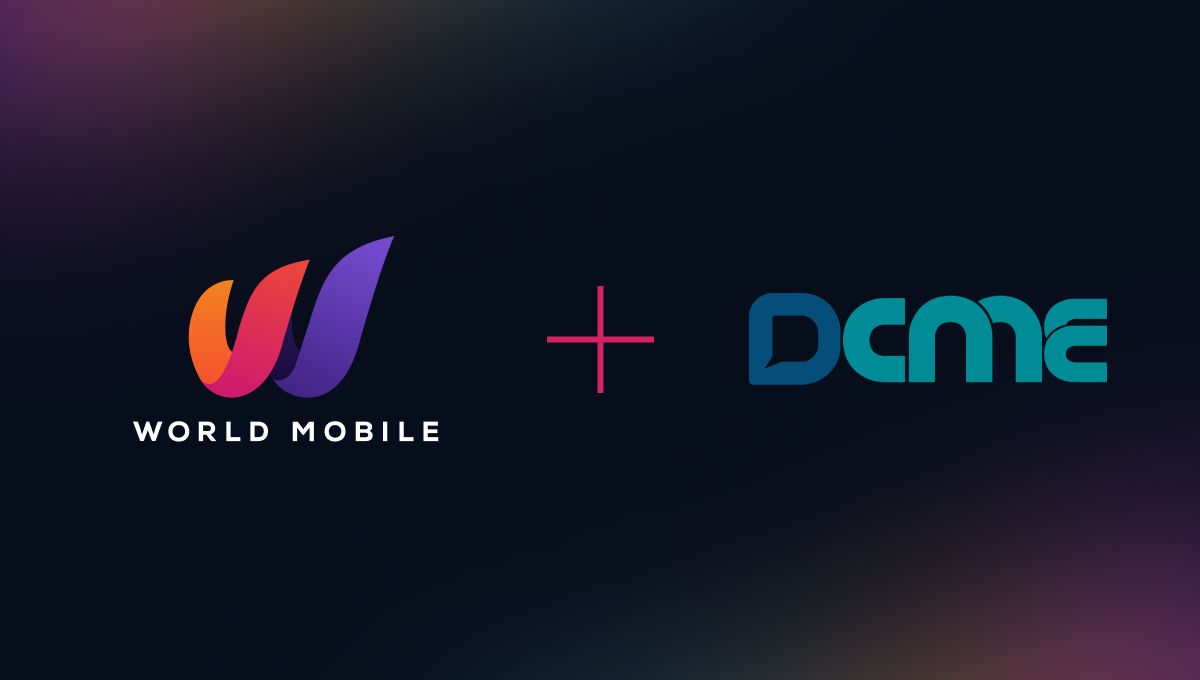World Mobile Partners with DITO CME to Enhance Connectivity and Financial Inclusion in the Philippines

On February 5th, 2025, World Mobile announced a groundbreaking partnership with DITO CME, the holding company of Dito Telecom, aimed at enhancing mobile and broadband connectivity in the Philippines. This collaboration seeks to address the connectivity gap faced by approximately 25 million Filipinos living in underserved rural areas. By leveraging World Mobile’s decentralized physical infrastructure network (DePIN) and blockchain technology, the partnership intends to deliver high-speed, affordable internet access through innovative solutions like World Mobile AirNodes, some of which utilize Starlink’s Low Earth Orbit satellite technology.
Central to this initiative is the launch of DTaka, a blockchain-enabled e-wallet platform designed to integrate seamlessly within the DITO CME ecosystem. DTaka will feature a dual-token system that includes a stable-token for remittances and mobile transactions, as well as a utility token for gamification and loyalty rewards. This platform aims to provide a secure and efficient alternative to traditional financial services, fostering financial inclusion and empowering users across the Philippines. Emmanuel Samson, CEO of DTaka, emphasized the platform’s potential to revolutionize the e-wallet space by combining World Mobile’s blockchain expertise with DITO CME’s market reach.
The partnership is a significant step towards promoting Decentralized Physical Infrastructure Networks (DePIN), which encourage shared ownership and operation of essential services. As 2025 unfolds, the initial rollout in the Philippines will pave the way for further expansions, connecting more underserved communities and driving blockchain adoption throughout the region. This collaboration not only highlights the commitment of both companies to innovation and inclusivity but also sets a precedent for future telecommunications advancements in emerging markets.
Related News





